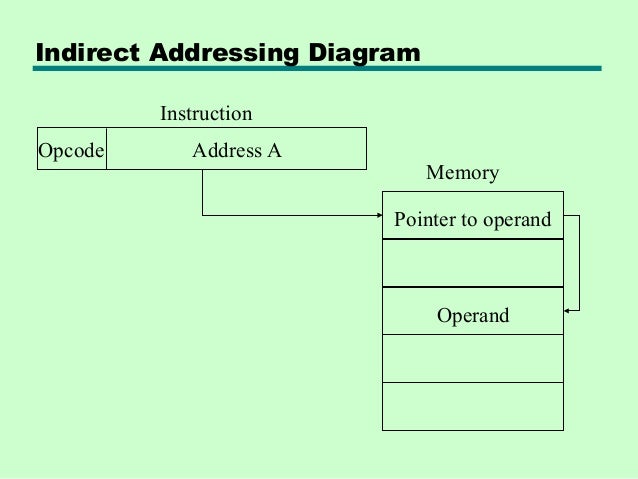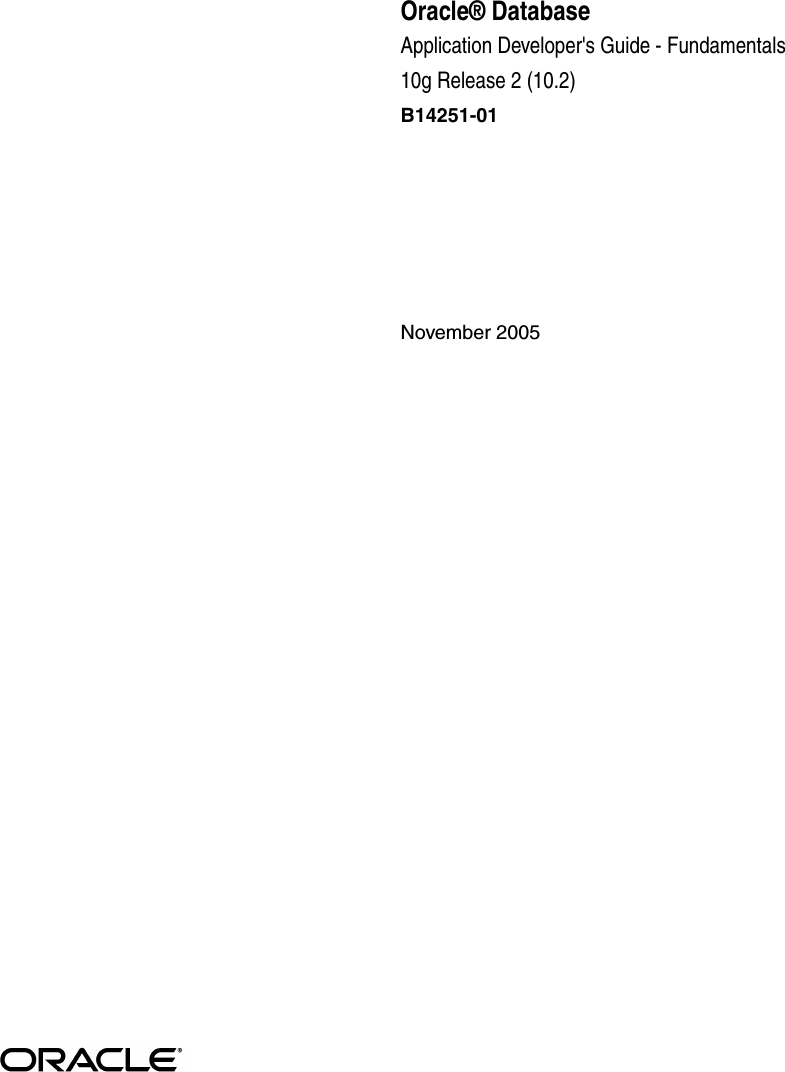
You could solve this by anycodings_flex-lexer changing the declaration of anycodings_flex-lexer WAV_SAMPLE_RATE etc into #define anycodings_flex-lexer WAV_SAMPLE_RATE 44100 instead of a anycodings_flex-lexer variable. This is FAQ, you anycodings_flex-lexer can't initialize file scope variables anycodings_flex-lexer ("globals") with other variables, since anycodings_flex-lexer a variable is neither resolved at anycodings_flex-lexer compile-time, nor an integer constant anycodings_flex-lexer expression. What it says, the initializer is not a anycodings_flex-lexer compile-time constant. A proper anycodings_flex-lexer macro would have been written as: #define WAV_BPM_PERIOD (60.0*WAV_SAMPLE_RATE/WAV_BPM)Įrror: initializer element is not a anycodings_flex-lexer compile-time constant You have a stray anycodings_flex-lexer semicolon so the compiler sees (double) anycodings_flex-lexer 60*WAV_SAMPLE_RATE/WAV_BPM *4. anycodings_c And when I replaced #define WAV_BPM_PERIOD anycodings_c (double) 60*WAV_SAMPLE_RATE/WAV_BPM anycodings_c todouble WAV_BPM_PERIOD = (double) anycodings_c 60*WAV_SAMPLE_RATE/WAV_BPM, gcc gives me an anycodings_c another problem: main.c:7:52: error: initializer element is not a compile-time constantĭouble WAV_BPM_PERIOD = (double) 60*WAV_SAMPLE_RATE/WAV_BPM How did this happen? I'm not dealing with anycodings_c pointers, I'm just multiplying variables. Suppose I have a flex file named "main.c": %Īfter I tried executing this with flex -o anycodings_c mainlex.c main.c & gcc -lfl anycodings_c mainlex.c, I get an error from gcc: main.c:11:29: error: indirection requires pointer operand ('int' invalid) Once the operation has been performed, the processor places the result back in the accumulator. One operand is in the instruction and the processor uses the value of the accumulator as a second operand. for the purposes of security testing, run GCC with the -w option.I've been trying to solve this from the past anycodings_c 3 hours and after solving other problems, I anycodings_c get another problems. In essence, a 1-address design relies on an implicit operand for each instruction: a special register known as an accumulator. To ignore warnings during compilation, e.g. Several sharedptr objects may own the same object. If ptr is a pointer, then ptr designates the object (or function) that ptr. std::sharedptr is a smart pointer that retains shared ownership of an object through a pointer. The indirection operator yields the location in memory whose address is stored in a pointer. And it's also not needed to create Pessoa on the heap here.
Caio.Sousa said in Indirection requires pointer operand: out<#Indirection requires pointer operand code#
This means that the code is trying to divide an address by an integer. Im not clear why this happens, but it causes a lot of grief.


The -o specifies the name of the output file. The purpose of this code is to pass a virtual address in decimal and output the page number and offset.After I compile my code using the gcc compiler.

Printf( // *i invalid - error: indirection requires pointer operand ('int' invalid)

lval (left-hand side value - write) = rval (right-hand side value - read) This post only documents a simple program to show the effects of * and & in C and does not attempt to explain what pointers are.įor a quick read, check out The 5-Minute Guide to C Pointers.


 0 kommentar(er)
0 kommentar(er)
